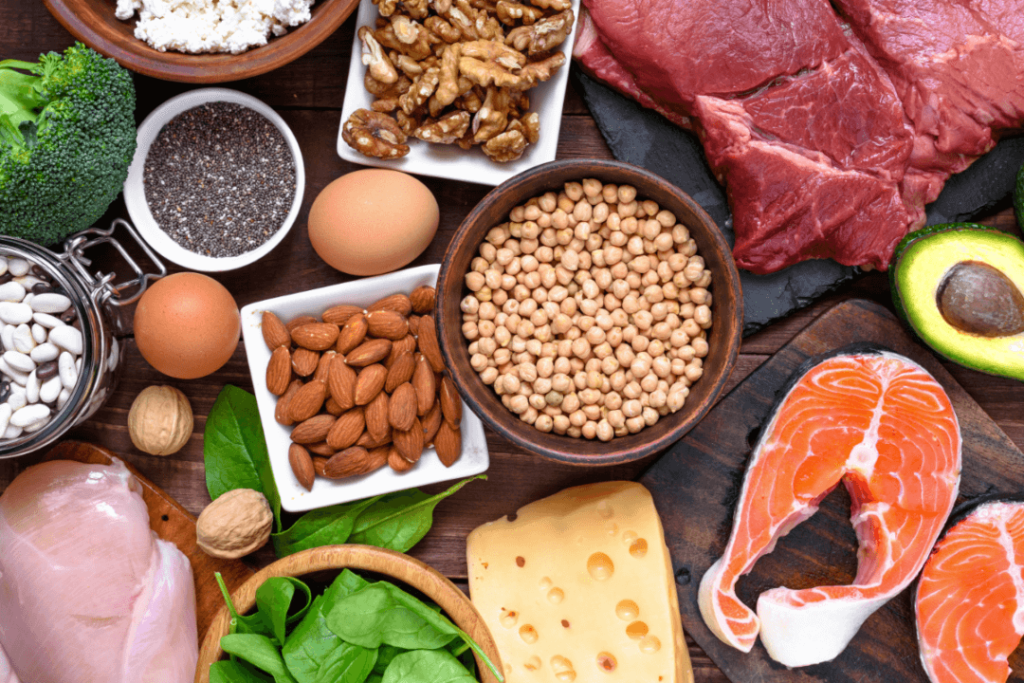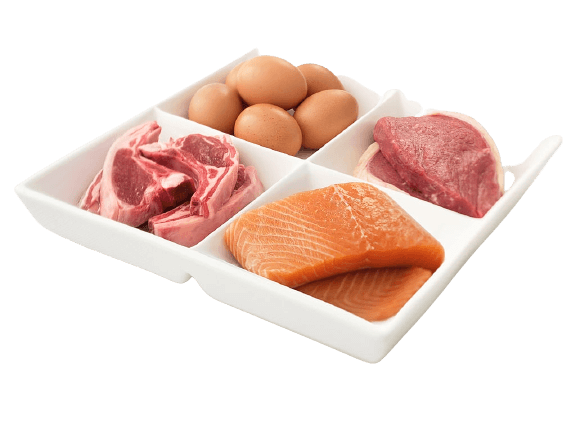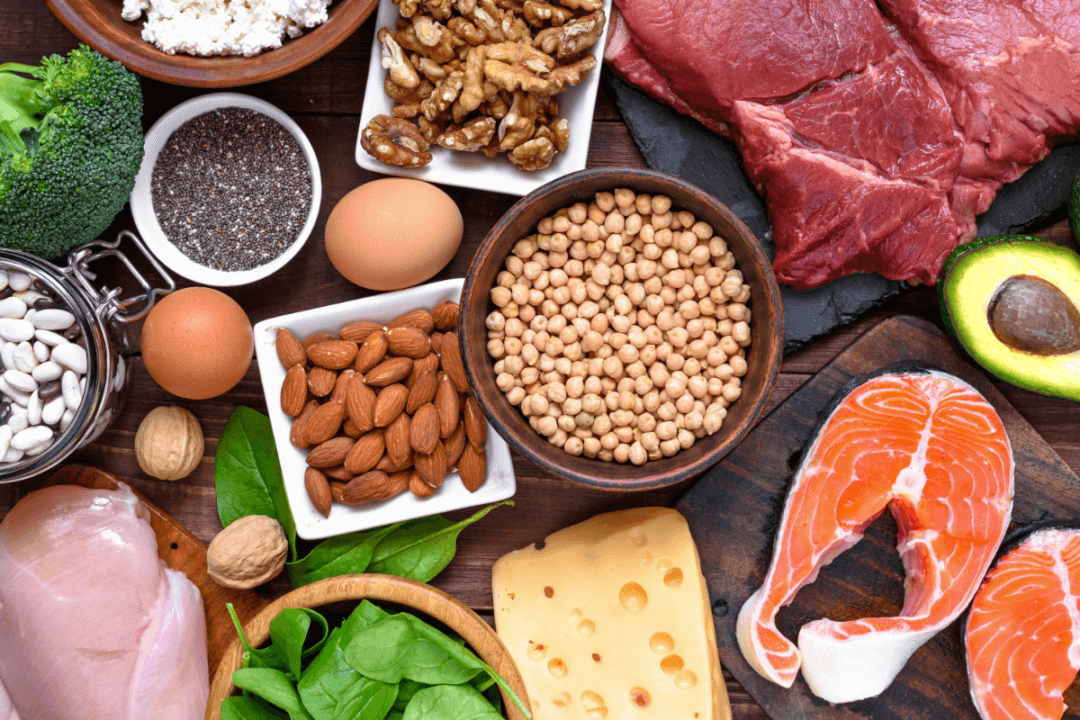Is Protein Good For Muscle Gain?- Have you ever gone through this question through your mind? Gaining muscles remains one of the most favorite things for the youth. We all want our abs to show our muscles to work magic. Joining gyms, you find out everyone is talking about “protein”. Muscles and protein are usually talked about together. Everyone is carrying dumbbells with protein-filled bottles in their other hand.
Contents
Is Protein Good For Muscle Gain? – Food Which Help To Gain Muscle!
So let’s face it. Protein is a macronutrient essential for building strength. But should you rely on it completely? Not really. Very few people are aware of the quality of protein that is required to maintain muscles and keep building them.

The NHS says that daily protein intake should be 50g, but that doesn’t really include differences in people, like their height and weight. There can be a difference between how much a 5 feet tall person should take and a 6 feet tall person, or between a person weighing 80 kilos and 150 kilos.
So basically, protein is a macronutrient, which is built from amino acids. These acids are stitched in long chains. Some of them are termed “essential” amino acids and we need them in our diet. For the purpose of building muscles, the body needs to manufacture more protein than it breaks down. That is why anyone who wants to gain muscles through protein should be aware of the quantity and their workout routine. A study published in Nutrients said that intake of protein led to additional gains in body mass.
The recommendations say that you should take 0.8g of protein per kg of your body’s weight every day. But turns out, this quantity is not enough to build muscles. A sports science nutritionist, Dr. Karen Reid, said that elite athletes take at least 2kg of food daily. Reid has contributed to the Wales rugby team and has founded Performance Food.
It is recommended that protein should be calculated on the basis of lean body mass, which in other words means everything on the body that is not fat. This way, a more accurate figure can be calculated rather than just focusing on body weight. Intake of 2.2g of protein per kilogram of lean body mass is enough. The timing of protein intake is vital too. In one go, the body can not process more than 25g to 35g.
Which foods help in adding protein to your diet for muscle gain?
- Clams and other Mollusks carry 48g of protein per 100g.
- Chicken breast contains around 33g of protein per 100g.
- Per 100g of Lamb contains 25g of protein.
- Per 100g of Pork Tenderloin has 23g of protein. Per 100g of Eggs carry 12.5g of protein.
- Eating 100g of Tuna provides 23g of protein.
- A piece of meat of three ounces provides 21g of protein.
- A 100g of Grilled pork Chop contains 31g of protein.

Vegetarian foods that provide protein:
- Around 8g of protein is found in one cup of milk.
- One cup of Soy milk contains 7g of protein.
- One cup of dry beans provides around 16g of protein.
- One container of eight ounces provides 11g of protein.

Will eating more protein help you gain muscles faster?
The answer is simple. No. It is a common misconception. In fact, studies have proven that taking extra protein can adversely affect your health. According to the director of Palo Alto Veterans’ Administration’s Nutrition Studies, a Ph.D. degree holder, Gail Butterfield, consumption of more than 30% of total caloric intake in one day harms your health. She is also Stanford University’s nutrition lecturer.
According to her, diets that contain extra protein can have many disadvantages. When excess protein is added, but calories or exercise isn’t, it leads to several bodily systems undergoing stress. A study published in the Journal of the American Geriatrics Society in 1992 said that consuming more protein and an increase in caloric intake while practicing the same exercise build the same amount of fat too.
Butterfield says that you should be careful if you’re thinking about cutting out carbohydrates and replacing them with protein, as it can force the body to fight back. She says that a diet constituting more than 30% of caloric intake builds up to toxic ketones. This can force the kidneys to get rid of these excessive ketones, which can lead to excess water loss and dehydration. By analyzing this article Is Protein Good For Muscle Gain? we will come to know the importance of protein to build strength for our body.
